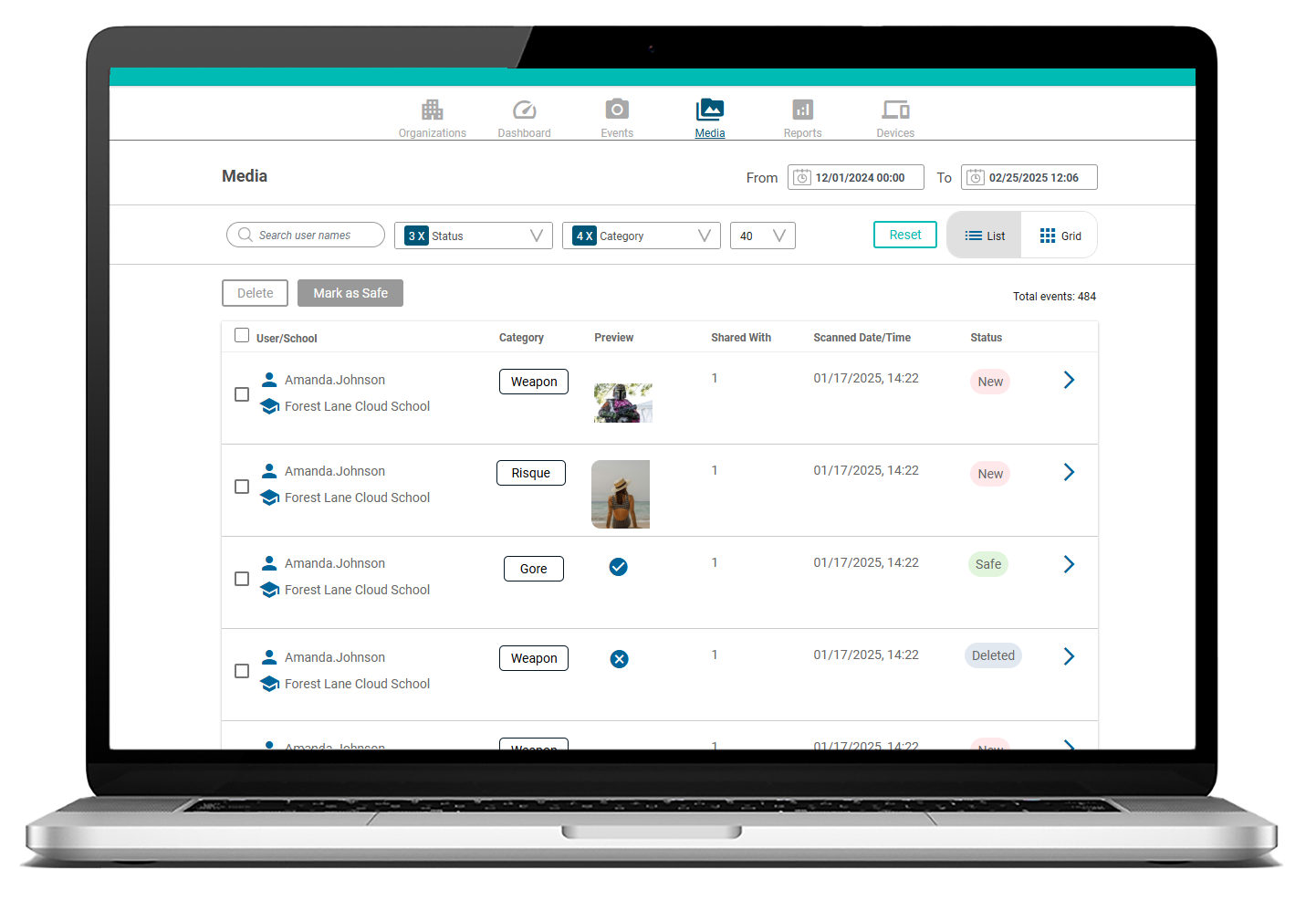How teachers and parents can approach the call for evidence on curriculum reform
In an exclusive for ETIH, Lucy Kirkham, Head of STEM at SaveMyExams, explores how the ongoing curriculum review in the UK offers a pivotal opportunity for parents and teachers to shape the future of education.
The recent launch of the curriculum review in the UK presents a unique opportunity for teachers, parents, and students to influence the future of education.
The government’s call for evidence aims to gather insight and opinions from a widespread collection of stakeholders on how to reshape the curriculum to meet modern demands, and so it is essential for those stakeholders to engage thoughtfully. As an expert in both STEM and education, I believe there are some key considerations for both teachers and parents when contributing to this vital dialogue.
Understanding the call for evidence
The Department for Education has launched a comprehensive curriculum review, requesting feedback from the public to better understand what changes might be necessary. As the landscape of employment shifts, particularly due to rapid advances in technology such as artificial intelligence (AI), schools are tasked with preparing students for a vastly different workforce. However, addressing gaps in subject content and teaching methods is also critical, including the persistent issues of teacher shortages and regional inequalities in education quality.
Advice for parents
Parents play a crucial role in shaping their children's educational experience and their input is valuable for this review. Here’s how they can approach the process:
Conversations with children
Before submitting feedback, it is vital for parents to discuss the curriculum with their children to gain insights from those directly affected. Ask questions about which subjects they find engaging, where they feel challenged, and whether they see the relevance of what they are learning. For instance, students might express frustration with mathematics or question the practical utility of certain subjects, as the Royal Society's 2024 report highlighted the link between early negative attitudes towards subjects like mathematics and lower long-term achievement.
Learn about the curriculum
To provide meaningful feedback, parents should first research the current curriculum and its challenges. Understanding issues such as teacher shortages, particularly in STEM subjects, and regional disparities in teaching quality will ensure that feedback is well-informed and relevant. Parents should also consider how emerging fields like artificial intelligence and digital literacy are represented in current educational content. This background knowledge allows for constructive suggestions on how to better equip students for the future.
Media literacy and digital competence
In the modern world, teaching media literacy is critical for helping students navigate misinformation and distinguish between reliable and fake news. Parents should advocate for media literacy to be part of the core curriculum, given the prevalence of online information and its role in shaping young minds. Ensuring children can critically evaluate sources will prepare them for both academic and real-world challenges.
Advice for teachers
Teachers are on the frontline of education, witnessing firsthand the effectiveness of the current curriculum and areas that need improvement. Here’s how they can contribute:
Engage the school community
Teachers should actively encourage students and parents from all backgrounds to submit feedback. Engaging diverse voices ensures the curriculum reform is inclusive, addressing the needs of students from different socioeconomic and regional backgrounds. This is particularly important in subjects like mathematics, where a lack of confidence often stems from early experiences.
Collaboration with employers
Schools must engage with local and national employers to understand the skills most in demand in today’s workforce. With AI transforming industries, there is a growing need for digital and data literacy in addition to traditional academic subjects. By forming partnerships with businesses, teachers can provide insights into the skills students will need for the jobs of tomorrow. Feedback should advocate for the curriculum to evolve in response to these changes, preparing students not just for exams, but for a rapidly evolving job market.
Address teacher recruitment issues
One of the most pressing concerns in ensuring consistent education is the ongoing teacher recruitment crisis. The National Foundation for Educational Research (NFER) reported continued shortfalls in the recruitment of teachers, particularly in secondary mathematics and other key STEM subjects. To avoid disparities in education across the country, the curriculum review must tackle this issue, ensuring that all regions have access to specialist teachers. Teachers can use their platform to call for government policies that address this recruitment gap, ensuring quality education for all.
Staying engaged before the deadline
One of the challenges with national consultations is the risk that public interest will decline before the deadline in November. Teachers and parents should remain proactive in discussing the curriculum reform and regularly check for updates or opportunities to participate in local forums. Schools could organise information sessions or workshops to ensure the community remains engaged until the deadline.
Looking ahead
The curriculum review represents a crucial opportunity to reshape the education system for future generations. Myself and the wider team at Save My Exams will be monitoring the conversation, as we are eager to see how the insights gathered will shape the future of our education system. Ultimately, we hope to see a curriculum that will inspire students to engage with their learning, fostering innovation, problem-solving skills, and resilience.
Parents and teachers should approach the call for evidence thoughtfully, using their unique perspectives to offer constructive feedback via the Government site. By advocating for a curriculum that includes media literacy, addresses teacher shortages, and prepares students for a rapidly evolving job market, we can ensure that the education system meets the needs of the modern world.
Most importantly, everyone must remain engaged in the process to ensure their voices are heard before the November deadline.





















